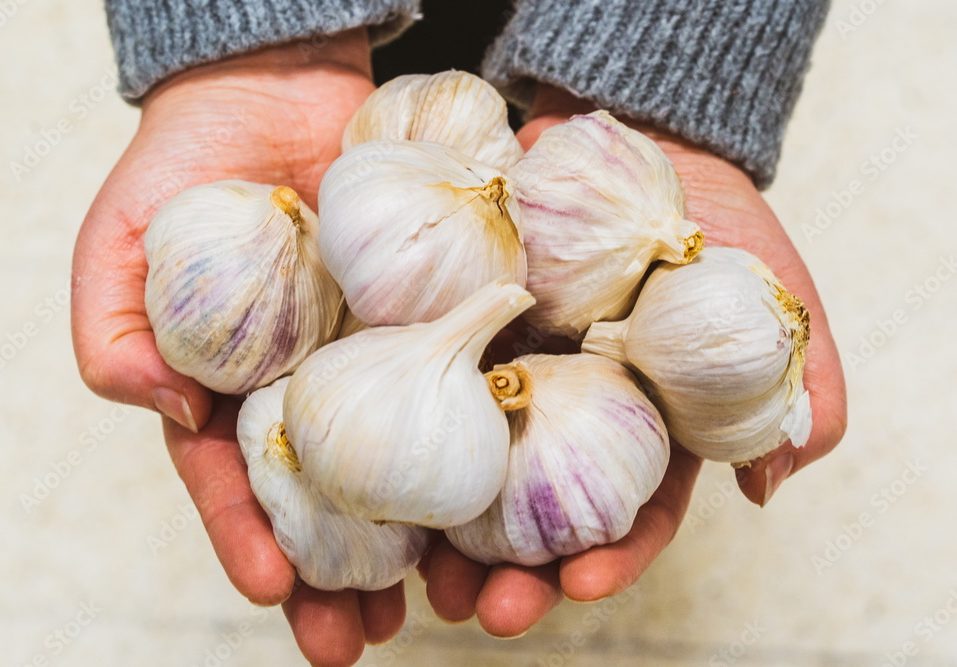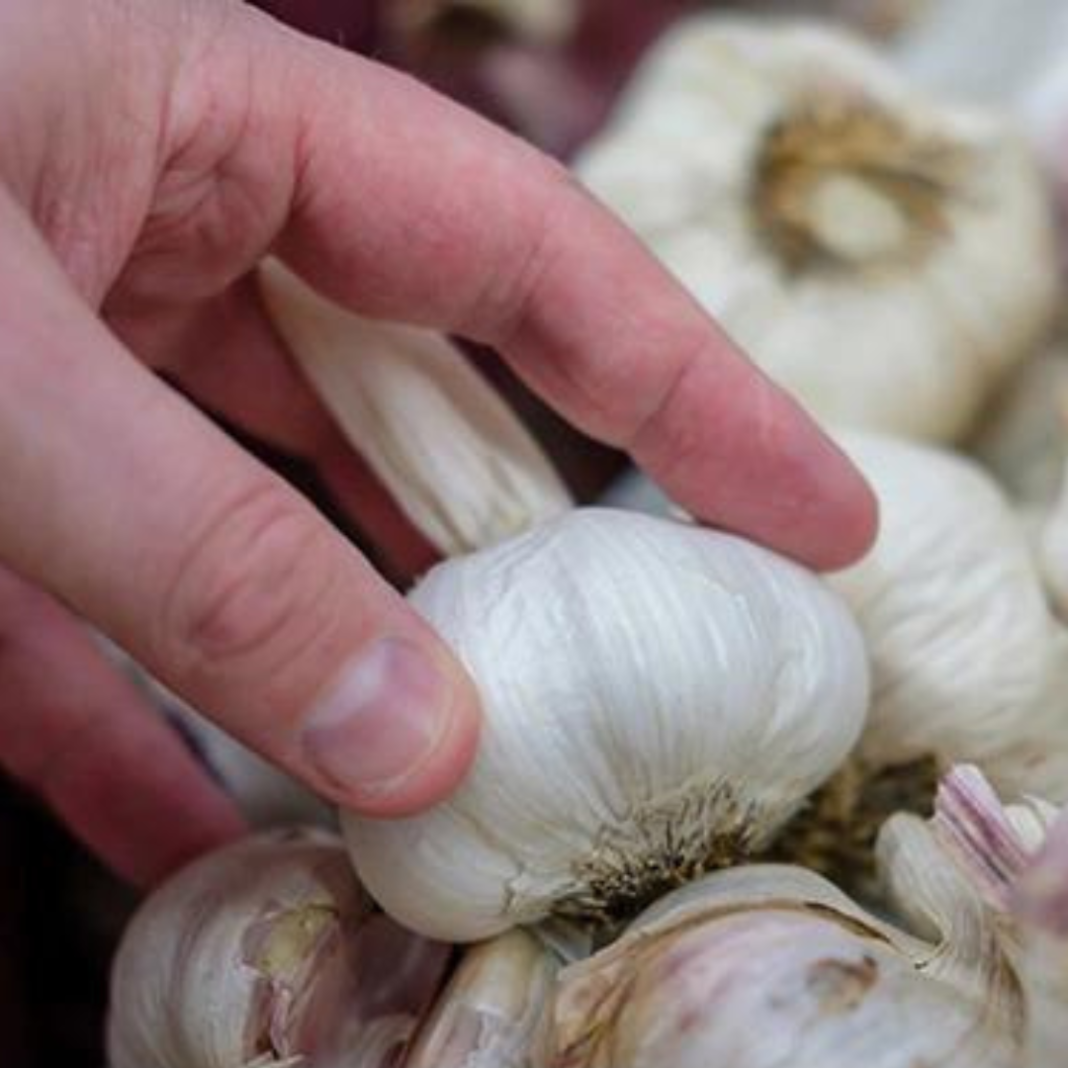When consumed in more than the required quantity, garlic can be detrimental to your health. Scroll down to know more.

Garlic For Health
Garlic is a well-known ayurvedic herb which comes packed with several health benefits. From relieving pain to reducing high blood pressure risk, garlic is excellent for treating chronic diseases and conditions. However, as experts say, doses are important, the same goes for garlic.
Side Effects Of Garlic – As discussed above, there are some side effects of eating too much garlic.
1) Upset stomach
The excessive garlic consumed contains compounds that can stimulate the digestive system, potentially leading to symptoms such as bloating and gas. The intensity of these symptoms may vary from person to person and could be more pronounced for individuals with sensitive digestive systems.
2) Bad breath
Too much garlic can lead to bad breath and even body odour. Its strong aroma is attributed to sulfur-containing compounds, such as allicin and eating excessive amounts of garlic can result in a lingering odour that emanates from the breath and skin. This effect can be socially undesirable and may necessitate careful consideration of garlic consumption before social or professional interactions.
3) Gastrointestinal irritation
Raw garlic, when consumed in excess, can also cause irritation to the gastrointestinal lining. This can lead to symptoms like heartburn, acid reflux, and even nausea. Individuals with conditions such as gastritis or irritable bowel syndrome (IBS) might be more susceptible to experiencing these adverse effects.
4) It may lower blood pressure too much
Garlic is great for reducing blood pressure. However, for someone who is already on medications for high blood pressure, consuming excess garlic may lead to hypotension (low blood pressure).
5) Blood thinning and interaction with medications
Just as it lowers blood pressure, garlic is believed to have blood-thinning properties. While this can be beneficial for cardiovascular health, consuming too much garlic, especially in supplement form, may increase the risk of excessive bleeding, particularly when combined with certain medications like blood thinners.










